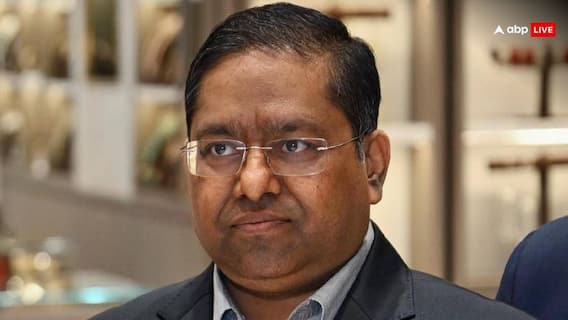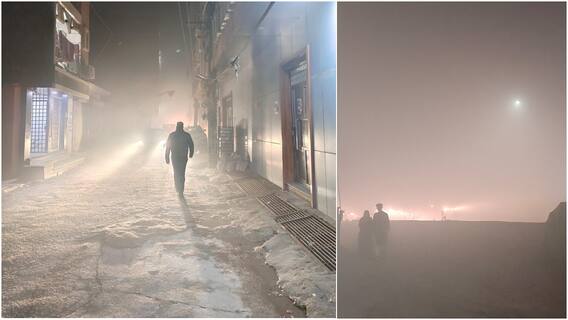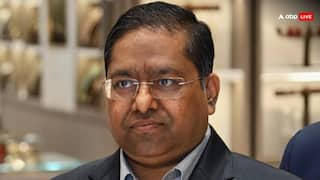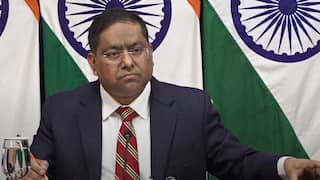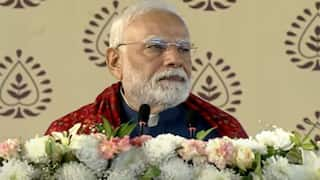Zelensky Fires Top Ukrainian Army Commander Zaluzhnyi In A Big Move Since War With Russia
Shortly after, Zelensky stated that he had appointed Oleksandr Syrskyi, the head of Ukraine's ground forces, as the new commander in chief.

Volodymyr Zelensky has replaced his senior army commander, Valerii Zaluzhnyi, in Ukraine's most significant military shake-up since Russia's full-fledged invasion began over two years ago. The two men met on Thursday, and Zelenskiy shared a combined image praising Zaluzhnyi for his service while emphasising the need for "renewal" in the military services.
Taking to X, Zelensky stated: “The time for such a renewal is now. I proposed to General Zaluzhnyi to remain part of the team."
I met with General Valerii Zaluzhnyi.
— Volodymyr Zelenskyy / Володимир Зеленський (@ZelenskyyUa) February 8, 2024
I thanked him for the two years of defending Ukraine.
We discussed the renewal that the Armed Forces of Ukraine require.
We also discussed who could be part of the renewed leadership of the Armed Forces of Ukraine.
The time for such a renewal… pic.twitter.com/tMnUEZ3BCX
Shortly after, Zelensky stated that he had appointed Oleksandr Syrskyi, the head of Ukraine's ground forces, as the new commander in chief.
Zaluzhnyi's firing has been a hot subject in Ukraine for the past ten days, after details of a meeting last week in which the president urged Zaluzhnyi to quit were leaked to the press, The Guardian reported. Zaluzhnyi refused to quit.
Zelensky's decision to proceed with the removal is viewed as a dangerous move, considering Zaluzhnyi's strong support ratings among Ukrainians. His successor, Syrskyi, oversaw the effective defence of Kyiv early in the conflict and was credited with organising and carrying out a strong counteroffensive in the Kharkiv region later in 2022. However, he has a mixed reputation among frontline troops, with allegations that he has been callous to soldiers' lives during missions.
Some experts believe the decision was influenced by a worry that Zaluzhnyi may become a possible political opponent in the future, as internal discussion and infighting gradually return to Ukraine after a period of national unity following the invasion.
In an eight-minute video justifying the decision, Zelensky rejected any political motivation and stated that the challenging conditions faced by frontline troops necessitated a different strategy.
“This is not about names, and even more so, not about politics. This is about the system of our army, about the management in the armed forces and about involving the direct experiences of military commanders in this war,” he stated.
Trending News
Top Headlines









